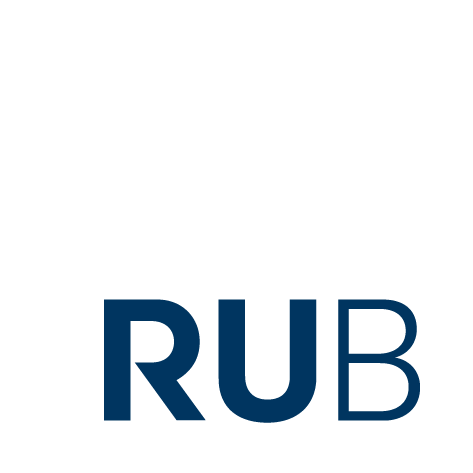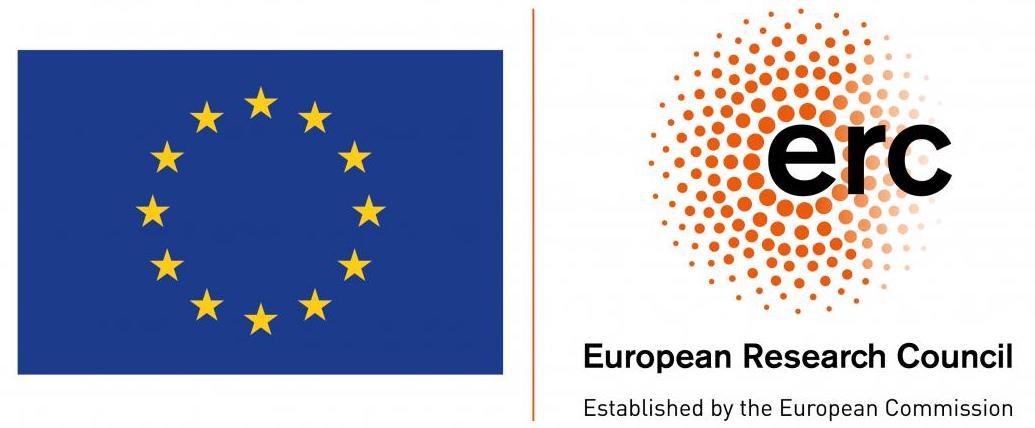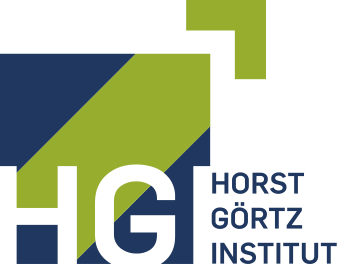Lecture Quantum 🙌 Cryptography (Winter 2022/23)
| Type: | Lecture with Exercises |
|---|---|
| Programs: | MSc ITS, AI, Math, Physics and CASA PhD Lectures |
| Lecturers: | Giulo Malavolta, Michael Walter |
| Teaching Assistant: | Ahmadreza Rahimi |
| Time and Place: |
Lectures: Mon 14-16 (MC 1.54) Exercises: Tue 14-16 (MC 1.30) |
| First meeting: | Oct 17 |
| Credits: | 5 CP |
| Contact time: | 2+2 SWS |
| Language: | English |
| Course number: | 212016 |
| Links: | Moodle, VVZ |
This is the 2022/23 course homepage. See here for the latest edition of this course.
Course Description & Tentative Syllabus
This course will give an introduction to the interplay of quantum information and cryptography, which has recently led to much excitement and insights, including by researchers at CASA right here on our very own campus. We will begin with a brief introduction to both fields and discuss in the first half of the course how quantum computers can attack classical cryptography and how to overcome this challenge – either by protecting against the power of quantum computers or by leveraging the power of quantum information. In the second half of the course, we will discuss how to generalize cryptography to protect quantum data and computation.
Topics to be covered will likely include:
- Basic quantum computing
- Basic cryptography
- Quantum attacks on classical cryptography
- Quantum random oracles and compressed oracle technique
- Quantum-resistant cryptography in light of the NIST competition
- Classical vs quantum information
- Quantum money
- Quantum key distribution
- Quantum complexity theory
- Quantum pseudorandomness
- From classical to quantum fully homomorphic encryption
- Classical verification of quantum computation
- Quantum rewinding
This course should be of interest to students of computer science, mathematics, physics, and related disciplines. Students interested in a Master’s project in quantum or quantum-resistant cryptography, quantum information, quantum computing, and similar are particularly encouraged to participate.
Recommended prior knowledge
Familiarity with linear algebra, discrete probability, and theoretical computer science. Some prior exposure to basic cryptography and quantum information and computation will be helpful, but we will briefly remind you of the most important bits in class. Some experience with precise mathematical statements and rigorous proofs. No background in physics is required.
Material
Lecture notes and video recordings of the lectures will be provided.
In addition, the following references can be useful for supplementary reading (the first one in particular served as inspiration for this course):
- Dakshita Khurana, Quantum Cryptography, course material available online (2022)
- Nielsen and Chuang, Quantum Computation and Quantum Information, Cambridge University Press (2010)
- Watrous, Theory of Quantum Information, Cambridge University Press (2018), available online
- de Wolf, Quantum Computing: Lecture Notes, available online (2022)
- O’Donnell, Quantum Computation and Quantum Information, course material available online (2018)
Learning outcomes
You will learn fundamental concepts, algorithms, protocols, and central results in quantum and post-quantum cryptography. After successful completion of this course, you will know how to generalize cryptographic definitions to the quantum setting, how quantum algorithms can attack well-known cryptographic protocols, and how to design and analyze classical and quantum protocols for protecting classical and quantum data against quantum adversaries. You will be prepared for a research or thesis project in this area.
Grades and homework
To get credit for this course, you have to pass the final (oral) exam.
← Back



